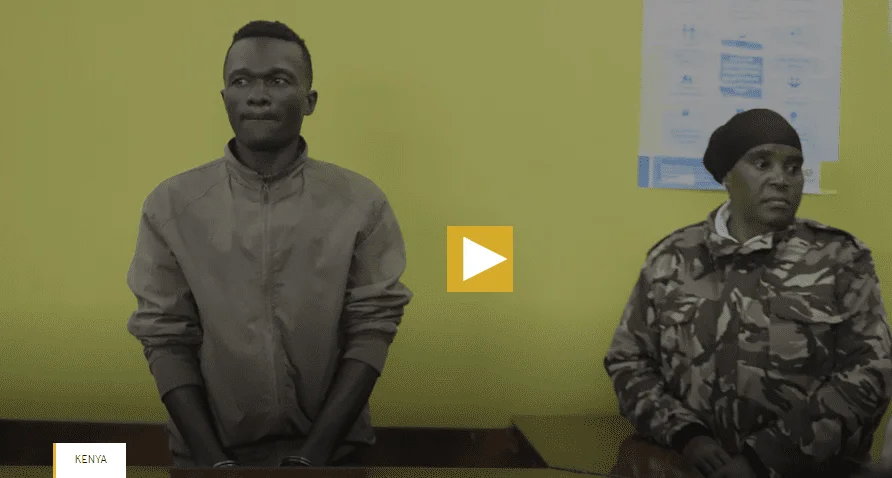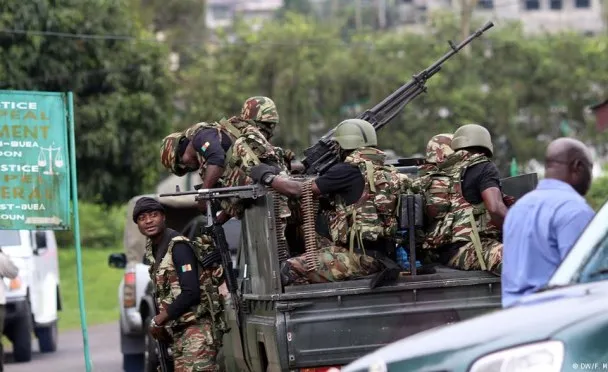Kenyan police have offered a $1,500 reward for any information that leads to the arrest of Collins Jumaisi, a suspected serial killer who escaped from a Nairobi police cell on Tuesday. Jumaisi, called a “vampire” by authorities, is accused of killing and dismembering 42 women over the past two years.
He managed to escape from a police station in an upscale area of Nairobi, along with 12 Eritrean nationals.
Jumaisi was arrested last month after police found mutilated female bodies in a trash dump in the Mukuru slum, Nairobi.
Among his victims was his wife, who is believed to have been his first. Even though Jumaisi confessed to the murders, he claims that he was tortured while in custody.
Five police officers were linked to his escape, but they were released on bail after a court hearing on Wednesday, despite prosecutors’ efforts to keep them in custody.
The officers are accused of helping Jumaisi and the others escape by cutting through a wire mesh roof and climbing over a perimeter wall.
Jumaisi’s escape has caused public anger in Kenya, especially since it happened just months after another high-profile suspect escaped custody in Nairobi.
The Directorate of Criminal Investigations (DCI) has asked the public to share any reliable information about Jumaisi’s whereabouts, offering a large cash reward for his capture.
At the same time, Kenya’s Independent Police Oversight Authority is investigating whether the police were involved or negligent in the murders and the escape.
This case has increased criticism of the Kenyan police, who are often accused of misconduct and extrajudicial killings but rarely face consequences.
The escape of Collins Jumaisi has further strained the public’s trust in the Kenyan police force. Many citizens are questioning how such a dangerous suspect, who had already confessed to a series of brutal murders, was able to break free from police custody.
The fact that five officers were implicated and later released on bond has only added to the outrage, with critics accusing the police of corruption and incompetence.
In response to the growing criticism, the Kenyan government has vowed to conduct a thorough investigation into the circumstances of Jumaisi’s escape.
The Independent Police Oversight Authority (IPOA) has been tasked with looking into both the police’s role in the escape and any potential involvement in the murders themselves. The authority has promised to hold any officers found guilty of misconduct accountable.
Meanwhile, the search for Jumaisi continues, with police urging the public to stay vigilant and report any sightings of the suspect. Posters with his photo have been circulated, and police checkpoints have been set up across the city in an attempt to track him down.
This case has reignited calls for deeper reforms in Kenya’s police force, which has long been plagued by accusations of brutality, corruption, and a lack of accountability.
Activists and human rights organizations are pushing for better oversight and stricter enforcement of the law within the police force to prevent future incidents like Jumaisi’s escape.
As the investigation progresses, many in Kenya are hoping that the authorities will not only recapture Jumaisi but also take steps to rebuild the public’s confidence in the country’s law enforcement system.






















